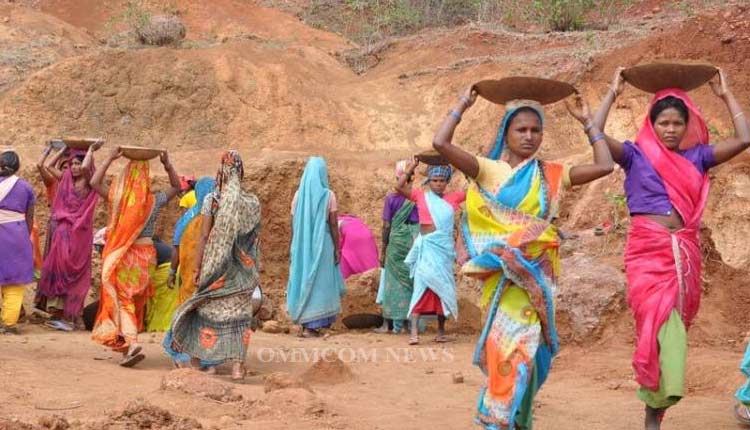
Some states in India including the new BJP government in Odisha are mulling over increasing the percentage of reservation for Scheduled Castes and Scheduled Tribes in their educational institutions considering the high population of these communities in the absence of a caste and socio-economic census since 2011. However, it is pertinent as well as high time that the Central Government conducts a caste census and extend the reservations to all communities and all the institutions as well. Nityananda Gond, ST and SC Development Minister, informed the Assembly that 8% of seats for SCs and 12% for STs are currently reserved for admission in State Government Technical Colleges whereas the proposal for enhancement of reservation for SC and ST students for admission in State Government Technical Colleges is under consideration keeping in view of their enhanced population.
The 93rd constitutional amendment passed by the Congress-led UPA-I government provided for reservation of seats SCs, STs and OBCs in admission to educational institutions including private educational institutions whether aided or unaided other than the minority educational institutions. Following this logic, the Congress party-led UPA-II Government supported the measures that declared Central Public Educational Institutions (Central Universities) such as Aligarh Muslim University and Zamia Milia Islamia, as minority institutions prohibiting reservations for all the backward castes including Dalits which was susceptible to criticisms by the BJP leaders on the grounds of violating principles of equality and justice.
However, a fact that went unnoticed by the leaders was the Ajlaf and the Arzal communities among Muslims constitute the Pasmandas the former being the backwards and the latter being the untouchables that represented various socially and economically backward castes including the ansaris (weavers), qureshis (butchers), kunjda (vegetable sellers), darzi (tailors), and mansoori (cotton farmers) among several others. These caste groups are still covered under the Other Backward Classes. However, their subordination within a caste structure is same as the Hindu caste system and their socio-economic conditions are no way better than Dalits within the Hindu caste system. These caste groups were long subordinated by dominant castes such as Ashrafs comprising the Syeds, Sheikhs, Mughals and Pathans. The Pasmandas could get reservations as SCs in different educational institutions.
Hence, justice could be delivered to these communities in true sense only after the reservation system is implemented in all educational institutions and it is extended to all the communities within India.
